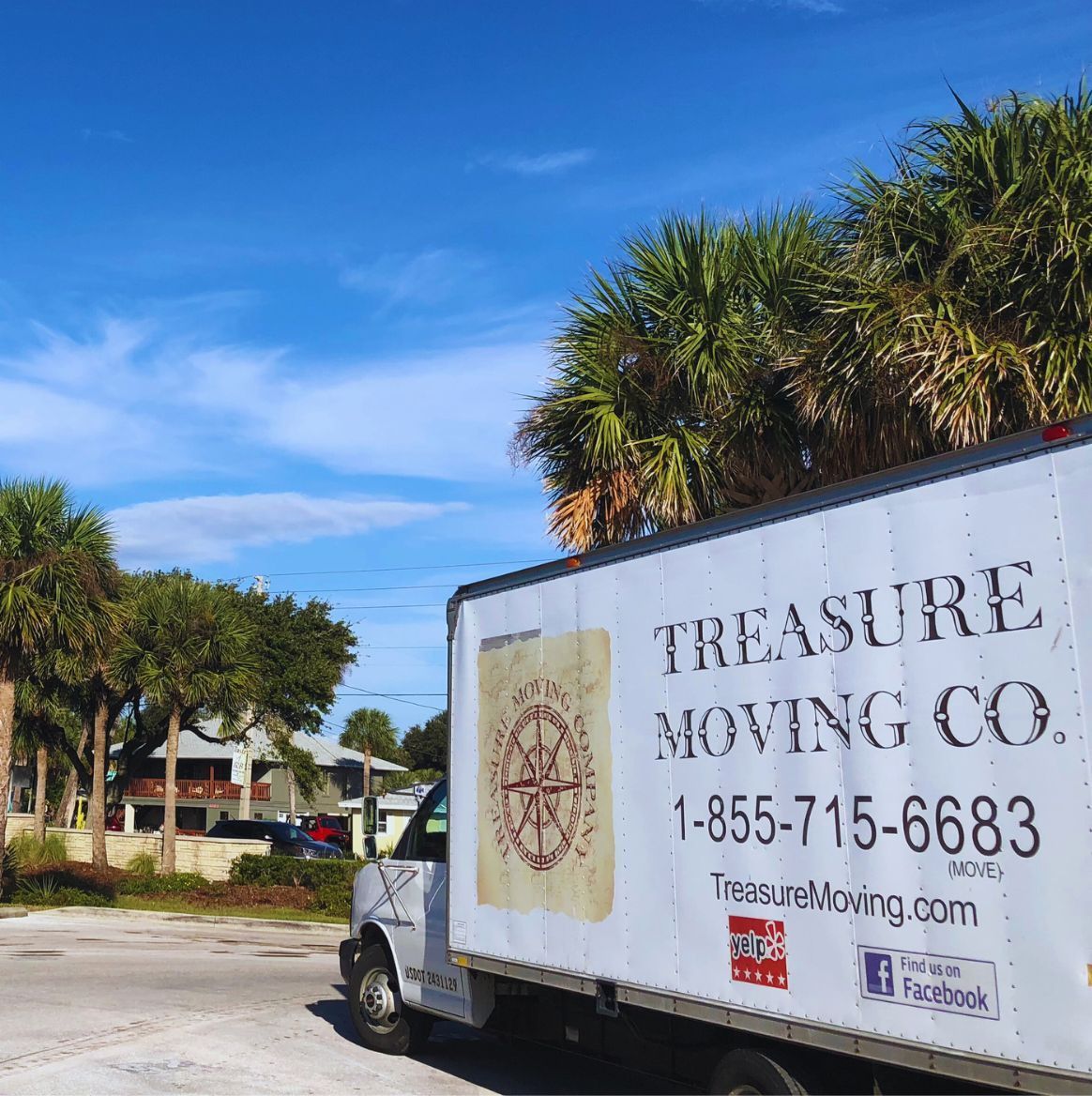
With the Maryland moving market booming, it’s essential to be informed and ask the right questions. This guide provides comprehensive insights into hiring a moving company in Maryland and the considerations to consider.
Understanding the Basics of Moving Companies:
When considering a relocation, it’s essential to understand the basics of moving companies:
- History and Expertise: Most reputable companies have been in the business for several years. Check their online reviews and ratingsto gauge their expertise.
- Licensing and Insurance: Ensure the company is a licensed moving company. They should have a U.S. Department of Transportation (USDOT) number and a state license. Also, verify if they are bonded and insured.
- Local vs. Interstate Movers: Depending on your move, you might need a local company or one specializing in long-distance moves.
Essential Pre-Hire Questions:
Before hiring, consider asking these questions:
- How many years have you been in business? Experience often equates to reliability in the moving industry.
- Can you provide references and testimonials? A reputable company should willingly offer references and testimonials. Also, check platforms like the Better Business Bureau for feedback.
- Are you licensed, bonded, and insured? This ensures you’re dealing with a legitimate company. They should have a valid USDOT number and state license.
- Do you have any certifications or affiliations? Being an Updater Certified Moving Company is a good sign.
Delving into the Services Offered:
When considering moving services , delve into the specifics:
- Standard vs. Specialized Moving Services: While most companies offer standard services, inquire about specialty moves like pianos or antiques.
- Packing and Unpacking: Some companies offer packing services, which can be a boon if you’re short on time.
- Storage Solutions: If there’s a gap between moving out and moving in, you might need storage solutions.
Understanding the Cost Structure:
Cost is often a significant concern. Here’s what to inquire about:
- Binding vs. Non-binding Estimates: A binding estimate guarantees the cost based on the mover’s survey of your items. In contrast, non-binding forecasts can change, leading to unexpected expenses.
- Potential Hidden Fees: Ask about hidden charges like flight charges, elevator charges, long carry charges, bulky article charges, fuel charges, and accessorial charges.
- In-home Estimates: An in-home estimate ensures accuracy in the moving quote. Ensure there are no unexpected costs.
Ensuring the Safety of Your Belongings:
Your belongings are valuable, and their safety is paramount:
- Inventory Creation: A detailed inventory of possessions helps track items.
- Liability Coverage: Understand the difference between Full Value Protection and Released Value Protection. The former offers more comprehensive coverage.
- Damage or Loss Claims: Inquire about the process if something gets damaged or lost.
Logistics and Moving Day Preparations:
Moving day can be chaotic. Here’s how to prepare:
- Expected Delivery Timelines: Know when to expect your belongings, especially for long-distance travel.
- Vehicle Maintenance: Ask how often their moving vehicles are serviced. Well-maintained cars reduce the risk of delays.
- Parking and Elevator Access: Especially in cities, ensure you have a parking permit and know the elevator timings.
Red Flags and How to Avoid Moving Scams:
Moving scams can be a stressful and costly experience, but there are ways to protect yourself from falling victim to them. Here are some red flags to watch out for and tips on how to avoid moving scams:
Red Flags:
- Too-Good-to-Be-True Quotes: If a moving company offers you an exceptionally low estimate that seems too good to be true, it probably is. Be wary of any quote significantly lower than others.
- Lack of Licensing and Insurance: Reputable moving companies are licensed and insured. Check for their credentials and verify their legitimacy. Avoid companies that can’t provide this information.
- No Physical Inspection: A legitimate moving company will conduct an in-person inspection of your belongings to provide an accurate estimate. Avoid companies that give estimates over the phone or via email without seeing your items.
- No Written Contract: Always insist on a written contract with all the move details, including the price, services, and delivery date. Avoid companies that are reluctant to provide this.
- Upfront Payment Demands: Be cautious if a company asks for a large upfront payment or cash-only transactions. Reputable movers typically request payment upon delivery.
- Unprofessional Behavior: Look for professionalism in their interactions and appearance. A lack of professionalism could indicate a shady operation.
- Negative Reviews: Read online reviews and check the company’s rating with the Better Business Bureau. Numerous negative reviews and a low rating should be a red flag.
Tips to Avoid Moving Scams:
- Research Thoroughly: Spend time researching moving companies and getting quotes from multiple sources. Compare prices and services offered.
- Get Recommendations: Ask friends, family, or colleagues for recommendations on reliable moving companies they have used.
- Check Licensing and Insurance: Verify the company’s credentials by checking their license and insurance information. This can usually be done on government websites.
- In-Person Estimates: Only accept estimates after an in-person inspection of your belongings. This helps ensure accuracy.
- Get Everything in Writing: Insist on a written contract detailing all the move’s aspects. Make sure to read it carefully before signing.
- Understand Your Rights: Familiarize yourself with your rights and responsibilities as a consumer during a move. The Federal Motor Carrier Safety Administration (FMCSA) provides resources on this.
- Avoid Cash Payments: Pay by credit card or check to have a traceable payment record. Avoid cash payments or wire transfers.
- Ask Questions: Don’t hesitate to ask questions about any part of the moving process. A reputable company will be transparent and happy to provide answers.
- Report Suspicious Activity: If you encounter a suspicious moving company or become a scam victim, report it to the FMCSA, the Better Business Bureau, and local authorities.
- Trust Your Instincts: If something doesn’t feel right or if you have doubts about a moving company, it’s better to look for another option. Trust your gut.
Additional Services and Considerations:
Some additional points to consider:
- DIY Move vs. Professional Movers: While a DIY move might seem cheaper, professional movers ensure safety and efficiency.
- Special Services: Inquire about furniture disassembly and assembly and if they provide moving materials.
- Mover Qualifications: Understand their training processes and ensure they adhere to the Federal Motor Carrier Safety Administration guidelines.
Post-Move Tips:
After the move:
- Unpacking: Take it one box at a time. Consider hiring unpacking services if needed.
- Handling Disputes: Know the process in case of disputes or claims.
- Feedback: Leave customer reviews to help others.
Hiring the right moving company can make your move seamless. You can ensure a smooth relocation by asking the right questions and being informed. Always prioritize safety, transparency, and professionalism, whether moving within the Maryland market or elsewhere.
Remember, moving is not just about transporting belongings; it’s about moving memories, emotions, and a part of yourself. Choose wisely!
The post Ask a Moving Company: What to Inquire About Before Your Big Move appeared first on Treasure Moving.

